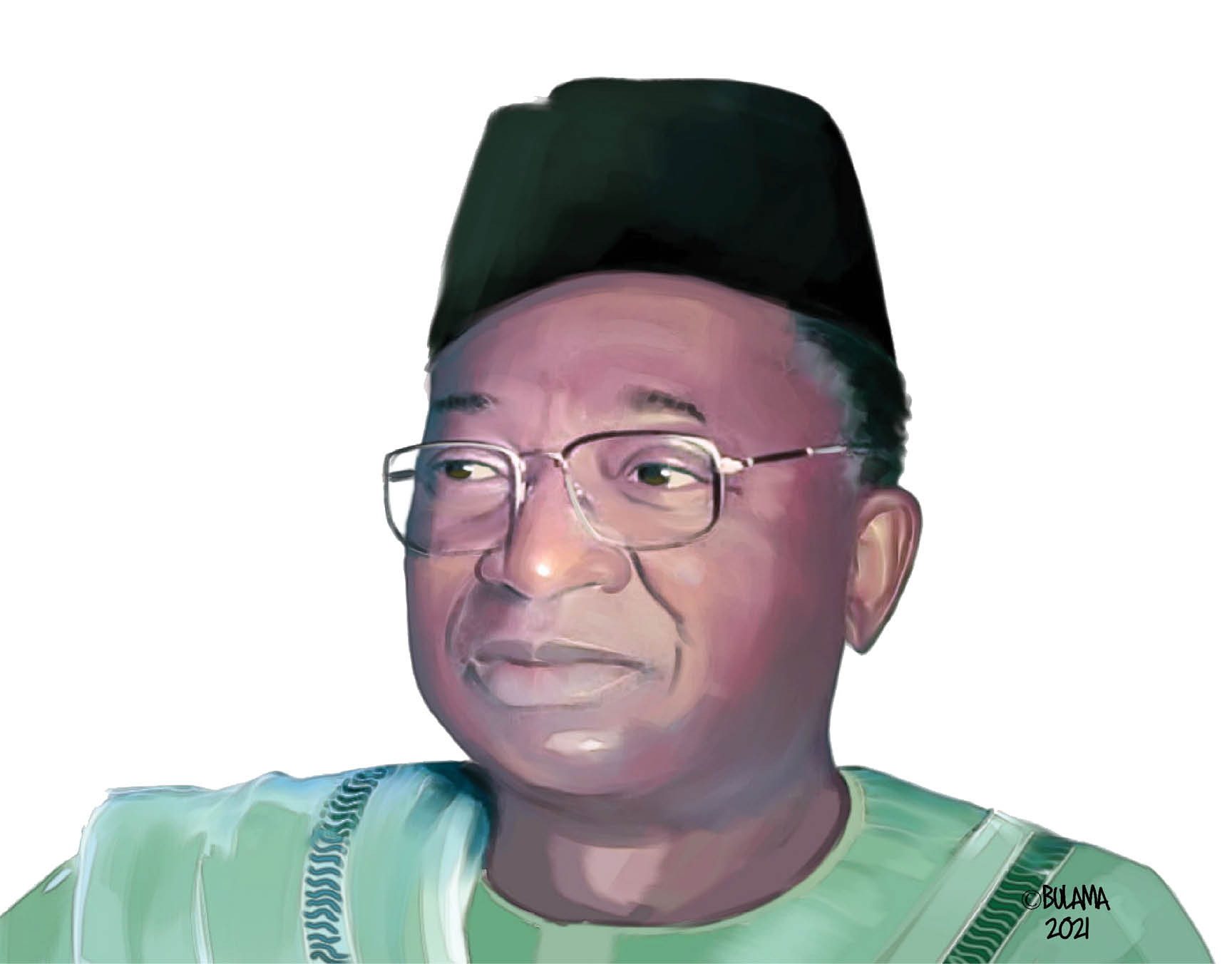Ben Asante and Henry Yaw Mallet
West African leaders under the unassuming but courageous leadership of General Ibrahim Babangida (IBB), then President of Nigeria, took the unprecedented historic decision to intervene militarily in Liberia where factional fighting had led to the collapse of the Doe Government and senseless killings on all sides. The decision to land an ECOMOG Peacekeeping Force could not be faulted in a situation where countless thousands of ordinary Liberians and citizens from neighbouring countries were caught in the middle of the conflict and yearning to be rescued.
- OPC member butchers 20-year-old lady for rituals in Osun
- OAU’s entrepreneur programme ‘ll enhance graduate employment – VC
ECOMOG as the first of its kind, remains unique for intervening where all the factions, especially, Charles Taylor’s NPFL had refused its landing on the Liberian soil. Confusion had existed among countries contributing troops, military experts and diplomats whether this was a necessary exercise to undertake. The authority of ECOWAS was faced with the situation where its peacekeepers stood in harm’s way in the face of attacks from NPFL rebels.
The dramatic arrest of President Doe by the Prince Johnson faction at the ECOMOG base raised several thorny questions as to why this could happen and why the ECOMOG command could not create a perimeter limit when they arrived in Liberia and allowed a warring faction to enter, wound and capture President Doe at their base and in the ECOMOG Commander’s office and eventually had him killed at their base. President Doe’s arrest threw the entire ECOMOG into disarray and the ECOWAS had to act immediately in changing the ECOMOG mandate from peacekeeping to peace enforcement.
It was in this desperate situation that Gen Joshua Dogonyaro took over as the Field Commander and immediately turned things around.
Gen. Dogonyaro came in as a “no nonsense man” and called all the warring factions in the conflict to order. The no-nonsense Commander took the fight to the rebels, beating them into retreat and driving them from the capital Monrovia and its environs. Gen Dogonyaro introduced the first resemblance of order and sense of purpose in the mission area. He set the ground rules and warned the factions that any attack on his person or men meant a declaration of war on the ECOMOG and this will be met with full force. That message brought sanity to the fragile prevailing peace. Charles Taylor, not comfortable with the presence of Gen Dogonyaro and his stance in the conflict, cried to the international community that Gen. Dogonyaro had usurped the sovereignty of the Liberian State and people.
Hitherto, the Liberian crisis was seen as an internal conflict and the change of mandate from peacekeeping to peace enforcement, according to Taylor, was a violation of the rights of the Liberians. However, developments and the exposure by the international media including those from Ghana and Nigeria, implicated the involvement of mercenaries and the governments of Burkina Faso and the Ivory Coast in their support for the rebel forces of Charles Taylor and Prince Johnson. Thus, the crisis was no longer viewed as internal but one that had international dimensions and implications.
The entry of Gen Dogonyaro and his new mandate turned the situation all around and brought the factions to the negotiation table. Gen Dogonyaro can best be described as one man who made a historic difference in implementing the new mandate of enforcement.
Because of the fact that the rebels met and came against the firm disciplined action of a courageous soldier like Dogonyaro they were compelled for the first time to attend the Peace Summit called by ECOWAS leaders in Bamako. In both diplomatic and military decisions concerning the implementation of the ECOMOG enforcement mandate, the ECOWAS was faced with the dubious two-faced facts and outright sabotage by the francophone countries including and led by Burkina Faso.
Mali allowed Rebel leader Taylor in full military combat fatigue, leading a plane load of his men armed with hand propelled grenade launchers, to land at their airport and proceed to the Summit venue. Here, ECOWAS and many leaders present saw the discipline and the tough stuff Dogonyaro, standing tall as a no-nonsense commander, was made of. He ordered the Taylor NPFL rebels out of their military fatigue and got them encamped by the host Malian military.
With that one action, Dogonyaro showed that firm action was what was needed to deal with rebel activities and stopping them from raising their destructive and ugly heads in the region.
Commentaries from the international community and media did recognise and praise the efficient and effective mode of conflict resolution as being implemented by the ECOMOG under Gen Dogonyaro’s command.
We believe if Gen Dogonyaro’s Command of ECOMOG had not been cut short for reasons of Nigeria’s domestic military politics and intrigue, he would have beaten the rebels and saved the region from the prolonged and costly civil wars starting from Liberia and as is going on today.
Rest in Peace a true hero. You made a difference. We salute you!
Ben Asante and Henry Yaw Mallet are Ghanaian journalists who covered the ECOMOG operations in Liberia

 Join Daily Trust WhatsApp Community For Quick Access To News and Happenings Around You.
Join Daily Trust WhatsApp Community For Quick Access To News and Happenings Around You.

